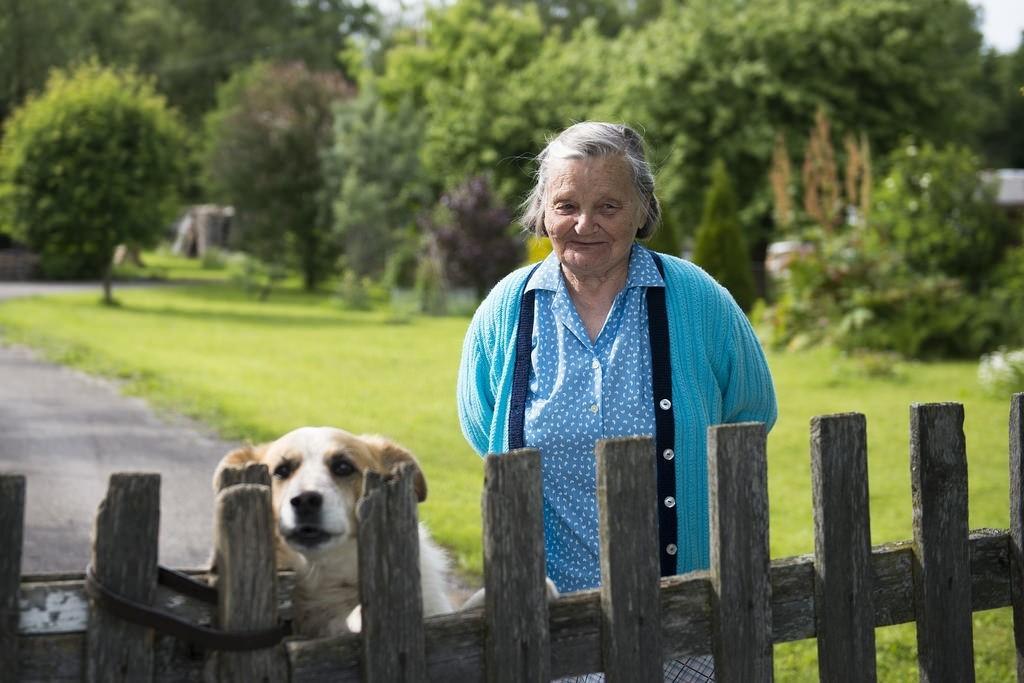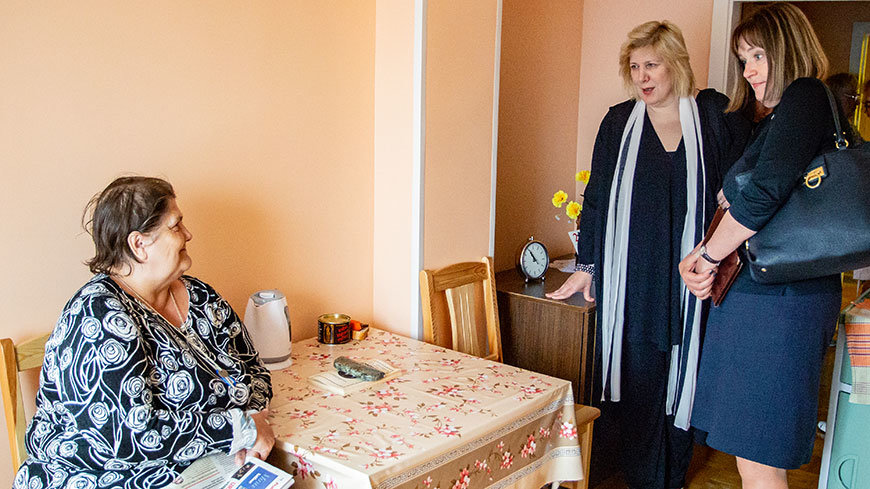To achieve a more inclusive society, Estonia should combat discrimination and abuses against older people, tackle the gender pay gap and violence against women, and devote more efforts to building social cohesion, the Council of Europe says.
“Estonia has been developing at a fast pace, but some people in the country risk being left behind. To achieve a more inclusive society, Estonia should combat discrimination and abuses against older persons, tackle the gender pay gap and violence against women, and devote more efforts to building social cohesion,” Dunja Mijatović, the Council of Europe Commissioner for Human Rights, said in a statement on 15 June, after a five-day visit to Estonia.
The commissioner said Estonia should urgently address the human rights implications linked to an aging population. “According to Eurostat, Estonia has one of the highest rates of older persons at risk of poverty and social exclusion in the European Union. This situation is also prominent among older persons belonging to the Russian-speaking minority and represents a continuation of economic disparities that exist between ethnic communities in Estonia.”
Foster inter-generational solidarity
She also called on the Estonian authorities to organise public campaigns to combat ageism and prejudices against older persons, to counter existing discrimination and foster inter-generational solidarity. “Each of us might be old one day and – even if we become frail or ill – we should be able to rely on certain things: that our rights will be protected, and that our dignity and value as human beings are respected,” Mijatović said.
Many social care homes in Estonia are still in appalling condition and their residents are not treated with dignity. After visiting a social care home for the elderly in Kohtla-Järve, in the eastern part of Estonia, Mijatović advised the national and local authorities to invest more in home-based and community-based services for older persons who need long term care, adding that it was also important to increase support for informal carers. “The Estonian authorities should ensure high-quality standards in long-term care, monitor services and ensure that victims of abuse have access to a remedy.”
The commissioner also called the Estonian authorities to step up their efforts to tackle gender stereotypes and prejudices about the role of women in society and ensure sustainable funding to support quality services for victims of domestic violence.
I
Cover: An elderly woman in Estonia (the image is illustrative/photo by Jaanus Ree). Read also: Estonia needs to address the poverty risk of its elderly.


